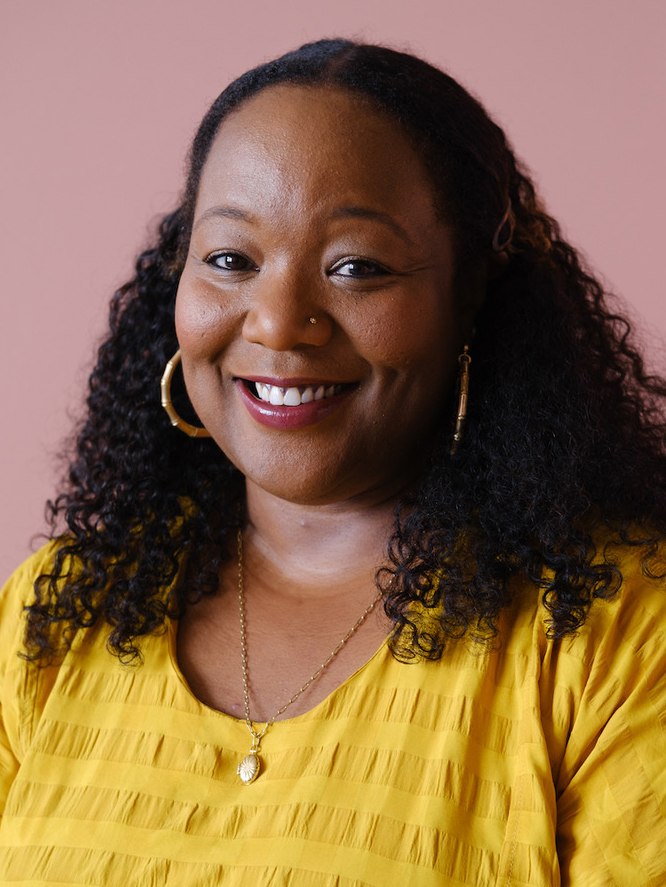
- Festivals
Maori Karmael Holmes on the BlackStar Film Festival
Shortly before the HFPA partnered with the Martha’s Vineyard African American Film Festival, a Film Festival celebrating Black, Brown, and Indigenous artists was getting a great reception in Philadelphia.
The Blackstar Film Festival, affectionally known as Philadelphia’s ‘Black Sundance,’ was founded in 2012 by filmmaker and writer Maori Karmael Holmes to showcase the work of filmmakers of color. The 11th edition ran as a hybrid event from August 3-7 and featured over 75 films from 27 countries, including 16 world premieres, eight North American, 12 East Coast, and eight US premieres.
Winners included Lindiwe Matshikiza’s One Take Grace for Best Documentary Feature, director Gabriel Martins’ Mars One/Marte Um for Best Feature Narrative, and the Love+Grit Philadelphia Film Award winner Quarantine Kids from directors Bilal and Bria Motley.
We spoke to Maori Karmael Holmes after she had recovered from the hugely successful 2022 edition of the festival.
What is the mission of the organization and the festival?
BlackStar Film Festival is an annual celebration of the visual and storytelling traditions of the African diaspora and global communities of color — showcasing films by Black, Brown, and Indigenous people from around the world. Our aim is to connect these filmmakers to new opportunities and audiences. We elevate artists who are overlooked, invisibilized or misunderstood and celebrate the wide spectrum of aesthetics, storytelling and experiences that they create and value. By connecting that work with new audiences, we place it in dialogue with a wide spectrum of both past and contemporary work. Every element of our programming is curated to be intentional community-building efforts, connecting diverse audiences in a Black-led space centered on joy and thriving.
Why did you choose to honor Indian director Mira Nair this year?
As an award-winning director, filmmaker, and activist, Mira Nair’s trailblazing artistry has left a beautiful and enduring impact on our field. We are thrilled to honor the breadth of her work as an artist and an activist, which embodies the ethos of the Richard Nichols Luminary Award and our commitment to honoring those working at the intersection of art and social change.
What are some of your personal favorites in the program?
It has been a joy to witness the first cohort of Philadelphia Filmmaker Lab participants create their short films, which made their world premieres at the festival on August 7th. As a core part of BlackStar’s mission in elevating stories from filmmakers at every stage of their career, we were particularly excited to share these short films by four emerging Philadelphia-area filmmakers.
You’ve said the festival offers a space for ‘joy, reflection, and healing.’ Can you expand on that and what it means?
We design each festival with the intention of sharing a variety of programming that centers on community and connection. This year’s festival presented a range of options for all ages and audiences, from screenings to morning yoga classes to opening and closing parties to panels with leading creatives and thinkers. For us, this range of opportunities to connect through shared experiences and creative dialogues helps us reflect and find moments of joy and healing through experiencing others’ artistic visions.

